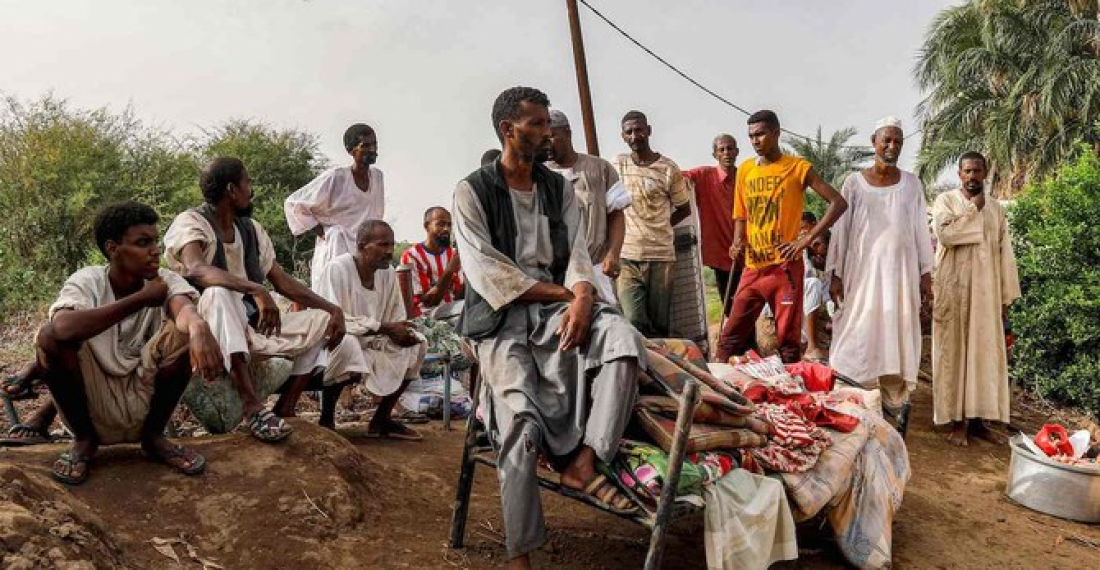13 civilians have been killed on Tuesday (8 August) in what is being reported as the heaviest fighting in Sudan since the start of a civil war nearly four months ago.
Arab News reports that the Sudanese army launched airstrikes and heavy artillery salvos to try to take a bridge across the Nile used by the rival paramilitary Rapid Support Forces (RSF) to bring reinforcements and weapons from Omdurman to Bahri and Khartoum, the other two cities that comprise the capital.
The RSF then responded forcefully, resulting in heavy clashes in residential neighborhoods, and civilian casualties and displacement. The RSF have occupied much of Khartoum since the outbreak of fighting in April.
Both sides have claimed to have made military advances in recent days, while previous U.S. and Saudi-led initiatives to broker a ceasefire and eventual peace in Sudan have all failed to stop the fighting.
Increasingly dire humanitarian conditions in Khartoum
On top of the fighting, for months there have been continuous reports of extended power and water cuts, looting, the collapse of health services, and shortages of food and aid.
Meanwhile, UNHCR spokesman William Spindler warned of a "growing health disaster", according to Arab News. "As many families have been on the move for weeks, with very little food or medicine, rising malnutrition rates, disease outbreaks and related deaths continue to be observed," he said.
The charity Save the Children also warned on Tuesday that Khartoum is at risk of a major disease outbreak from thousands of unburied corpses piled in the streets, morgues overflowing and sanitation infrastructure destroyed.
"A horrifying combination of rising numbers of corpses, severe water shortages, non-functioning hygiene and sanitation services, and lack of water treatment options are prompting fears of a cholera outbreak in the city," the charity said.







